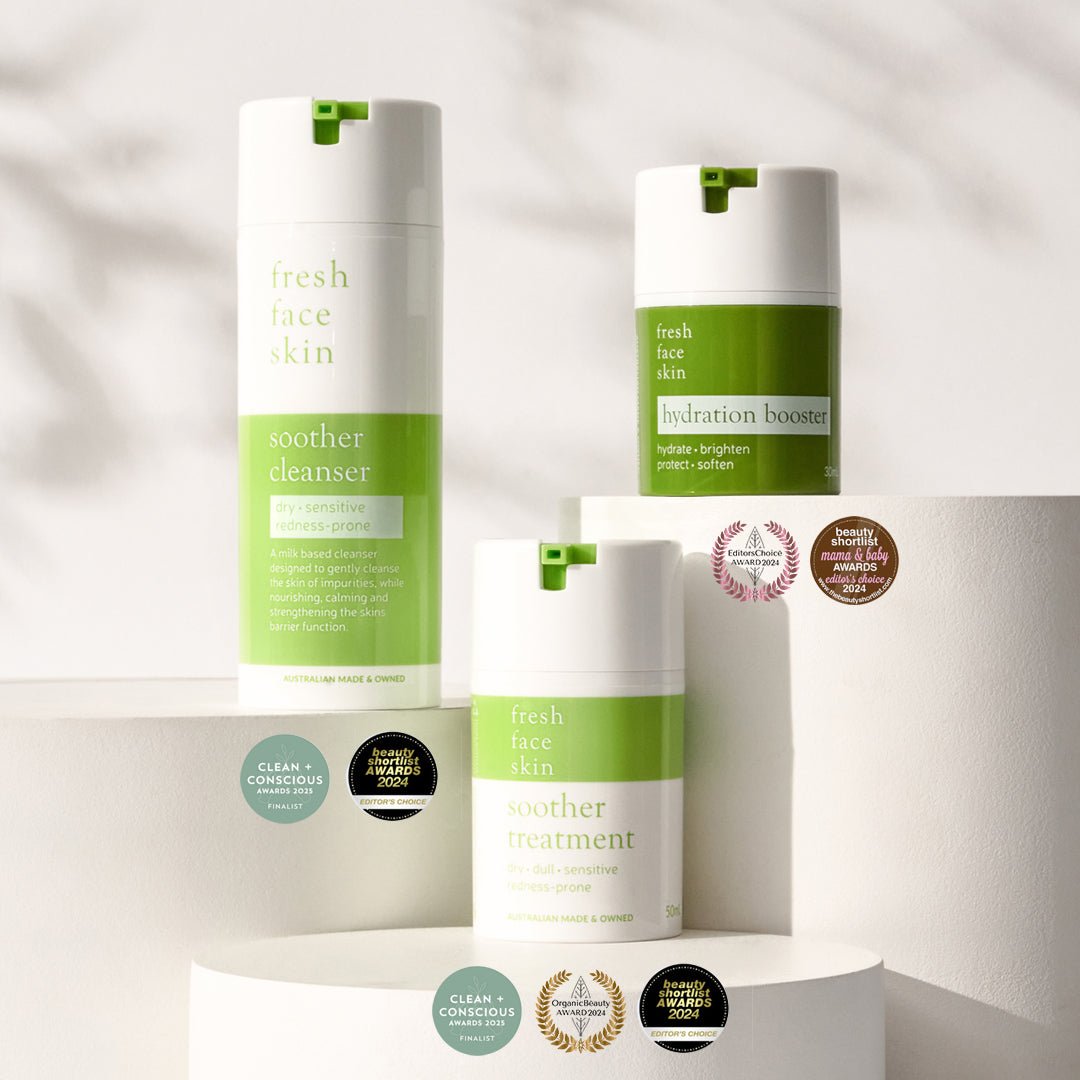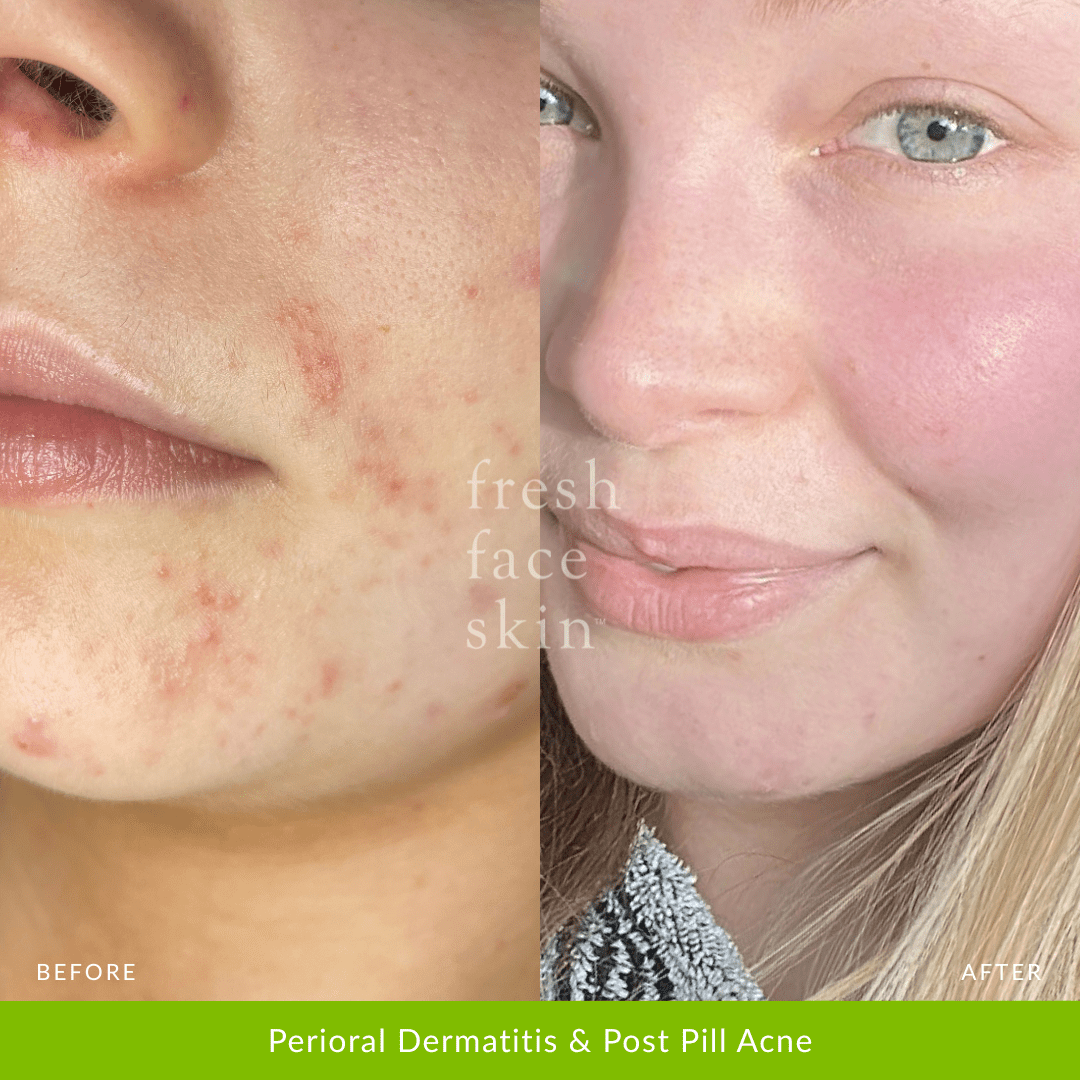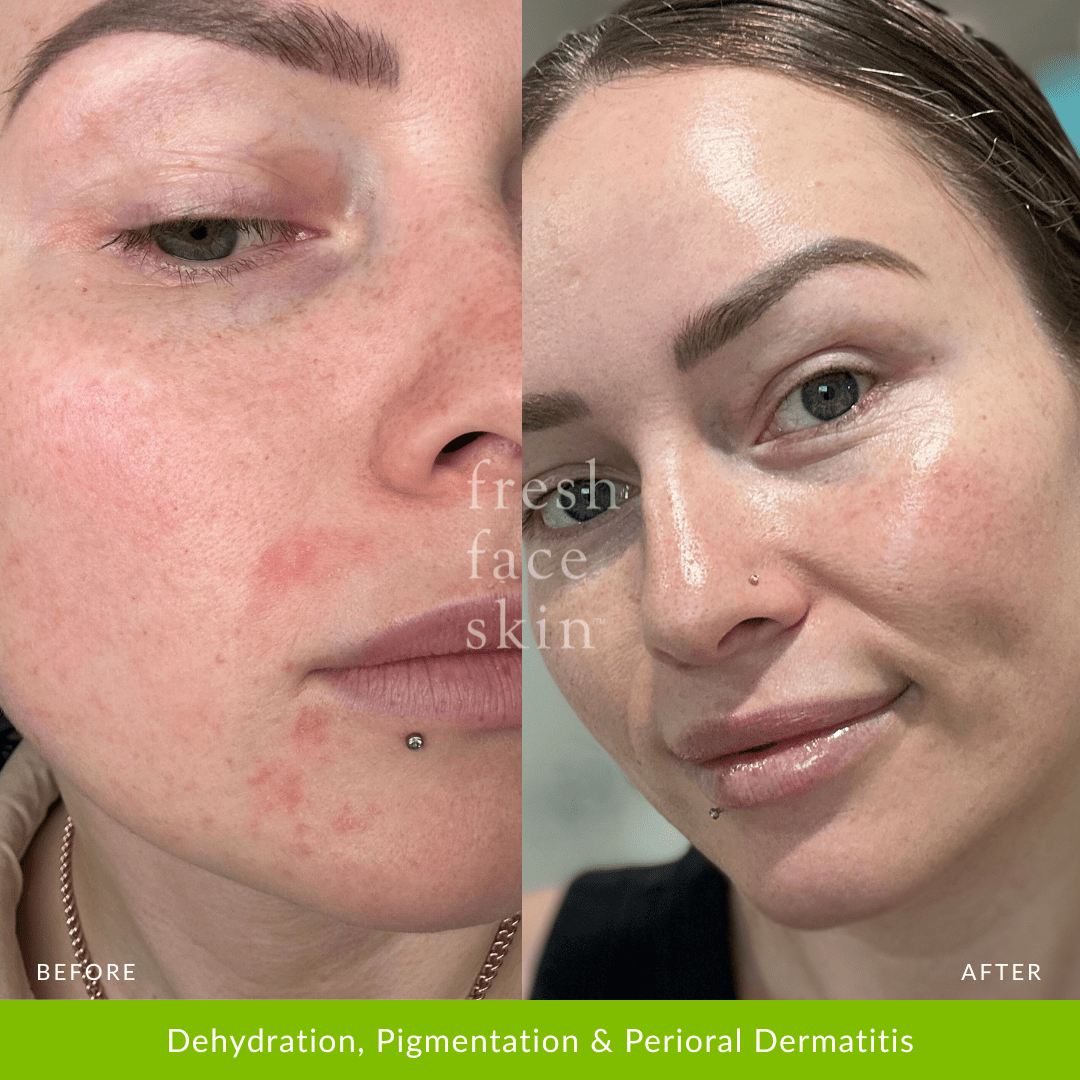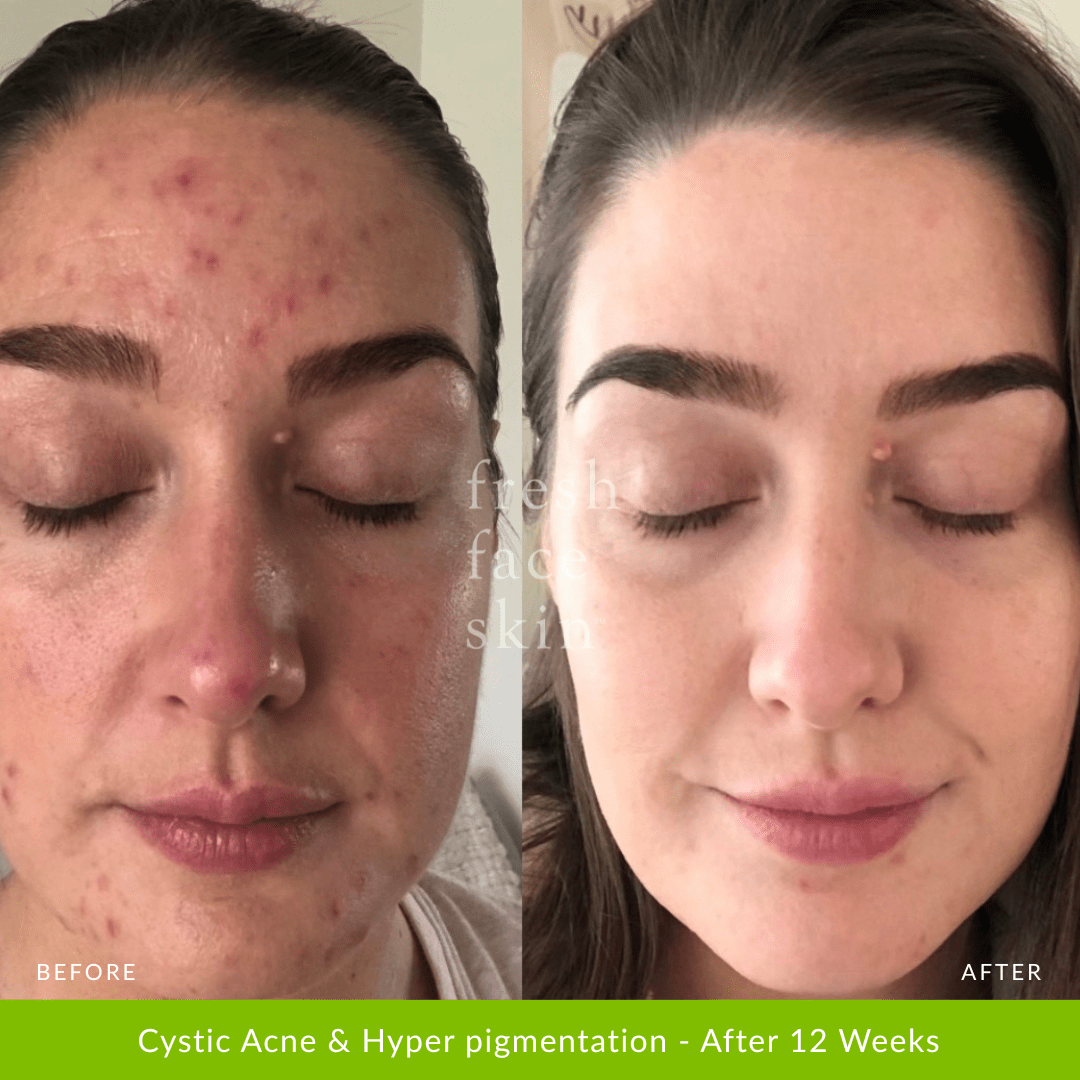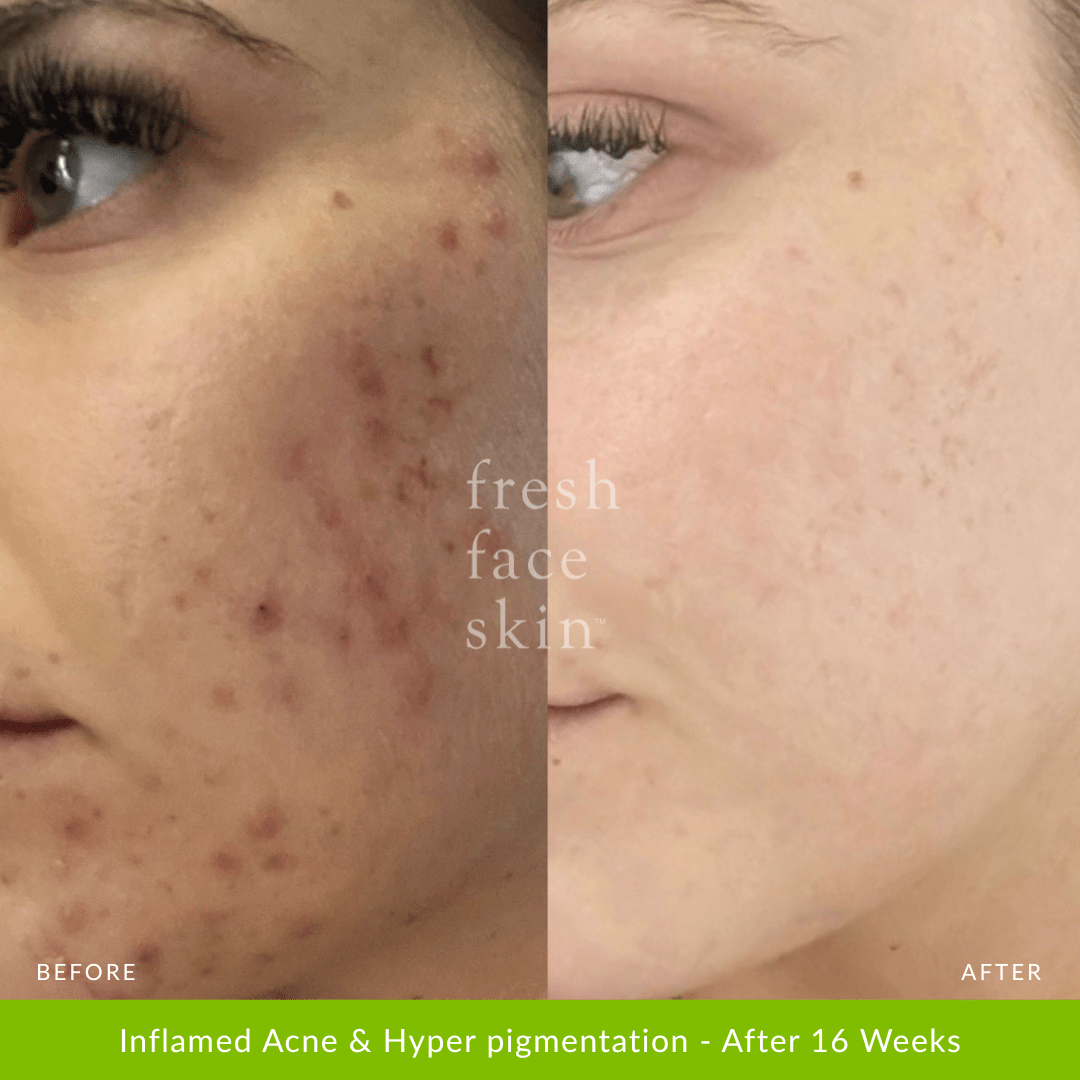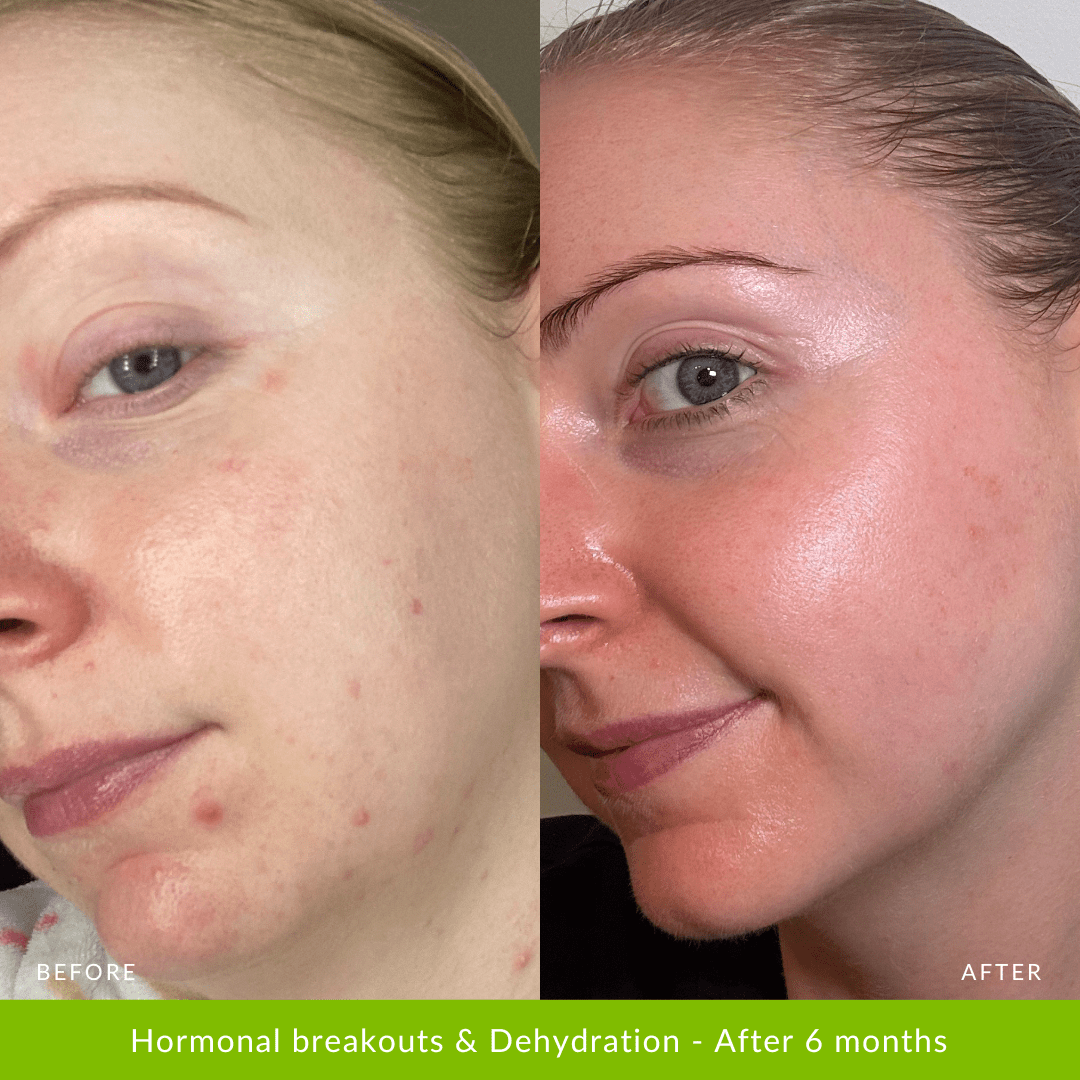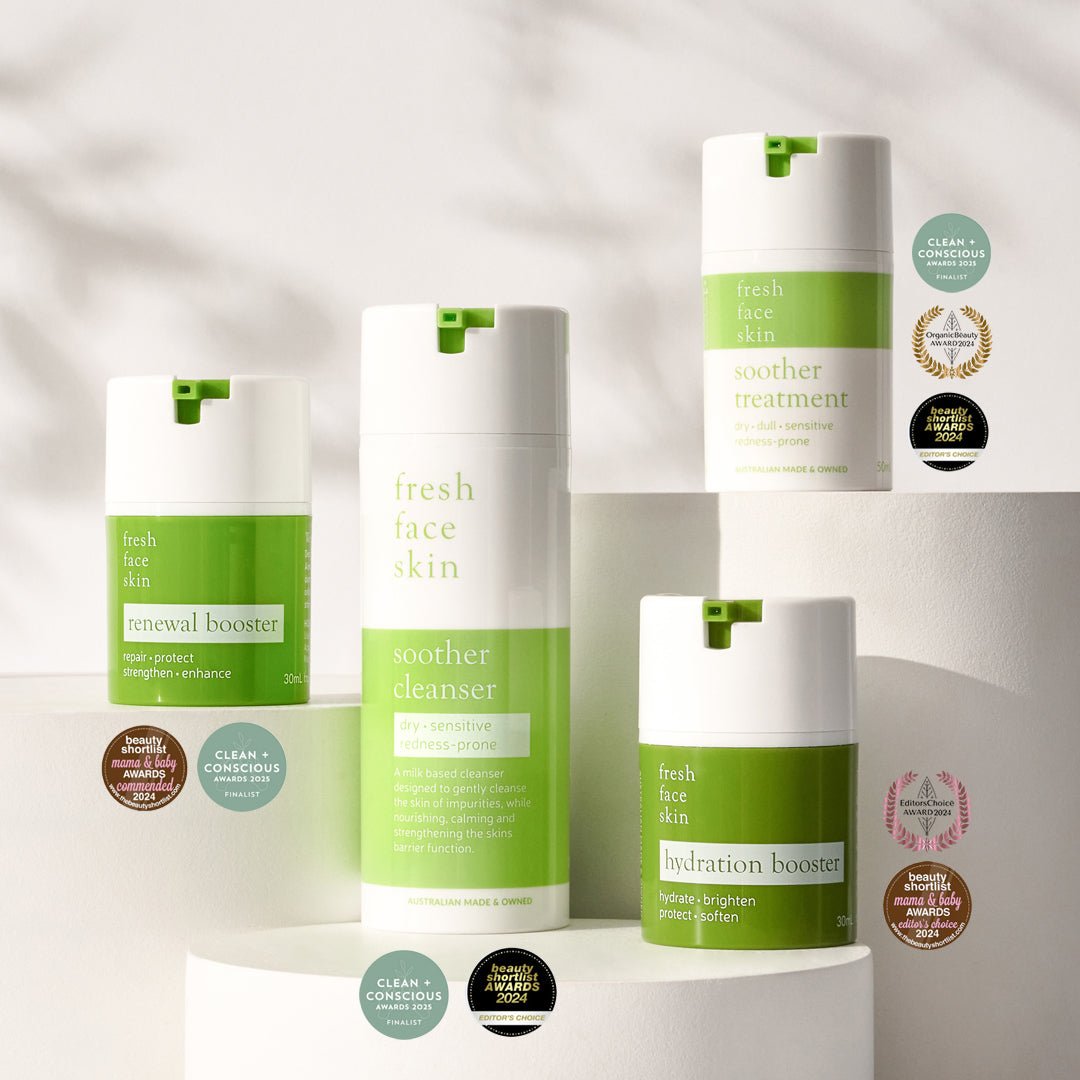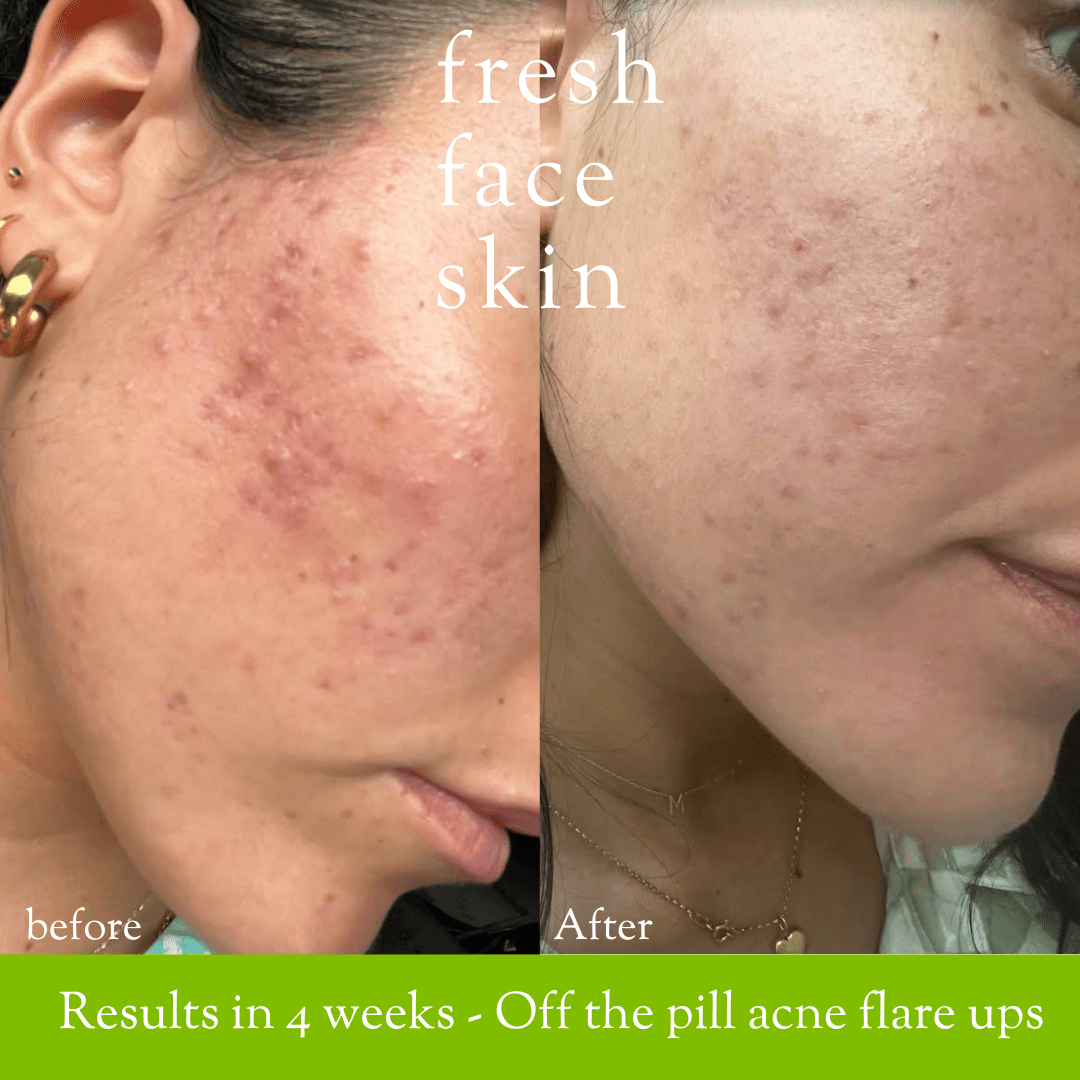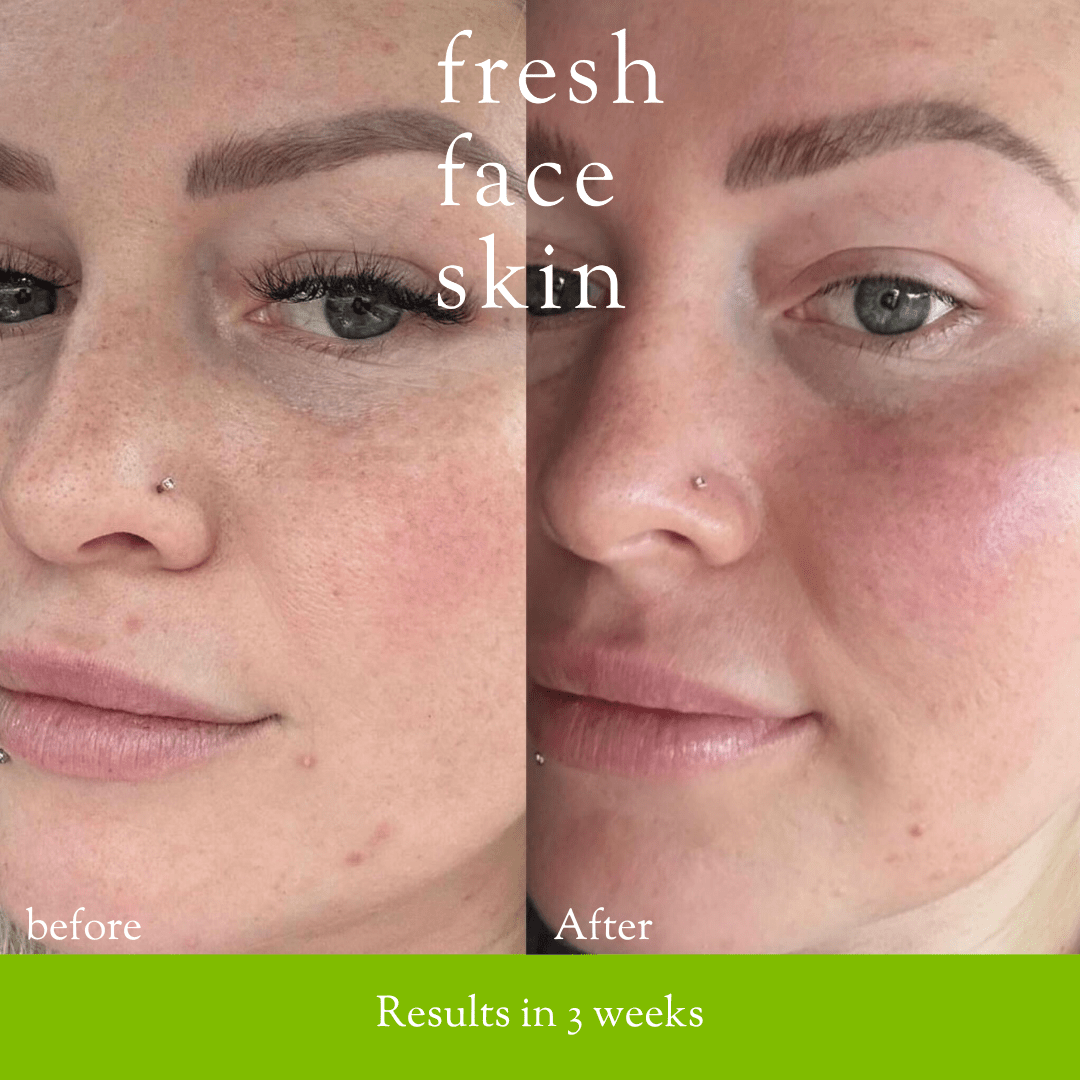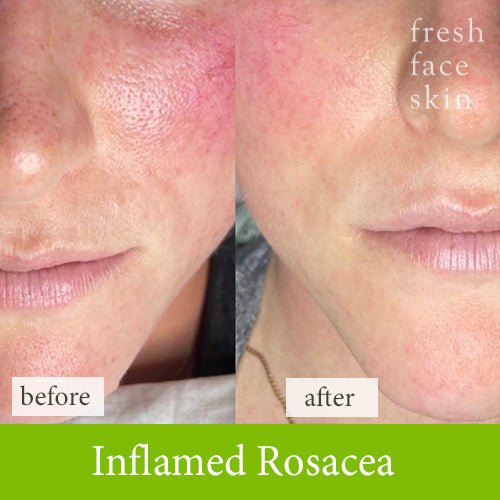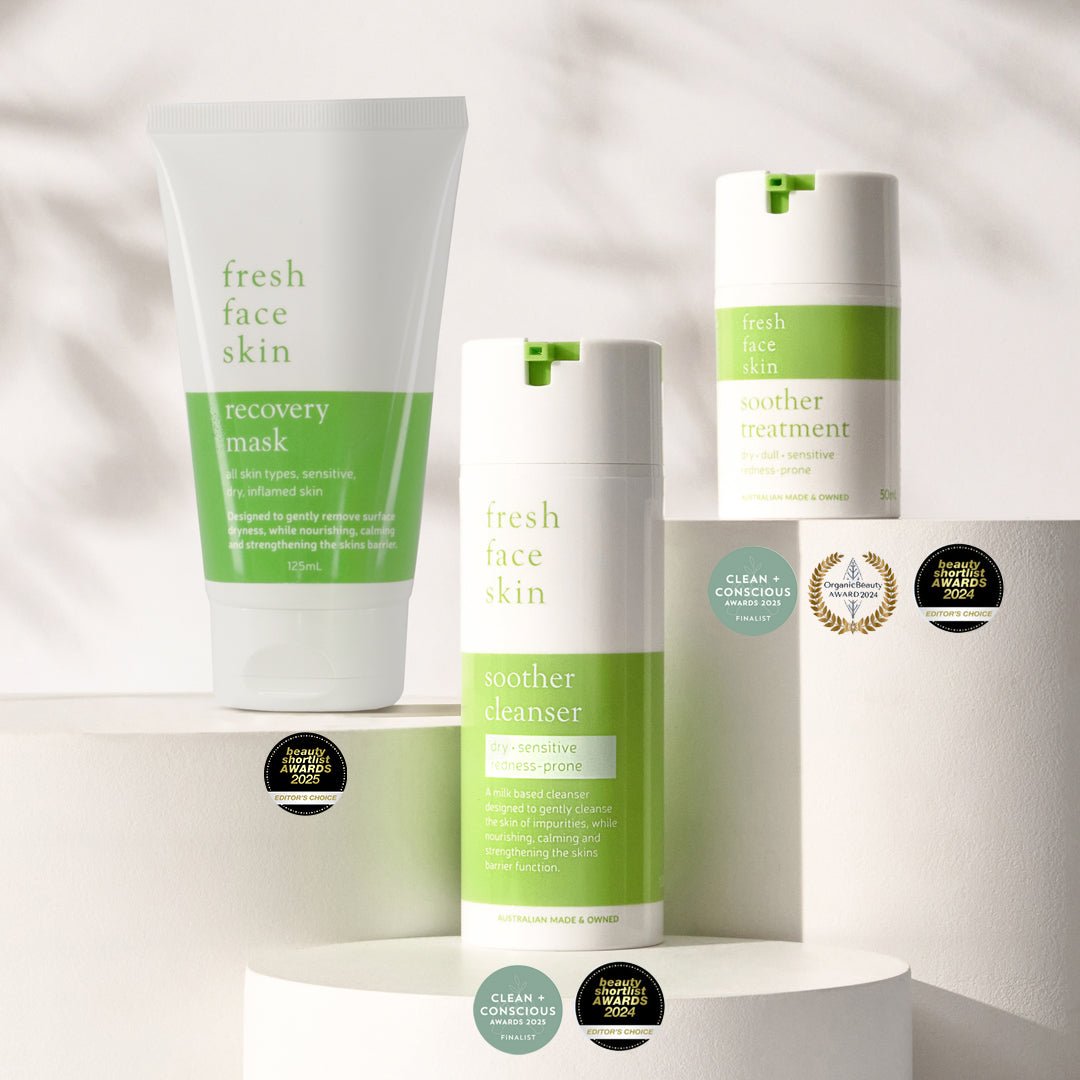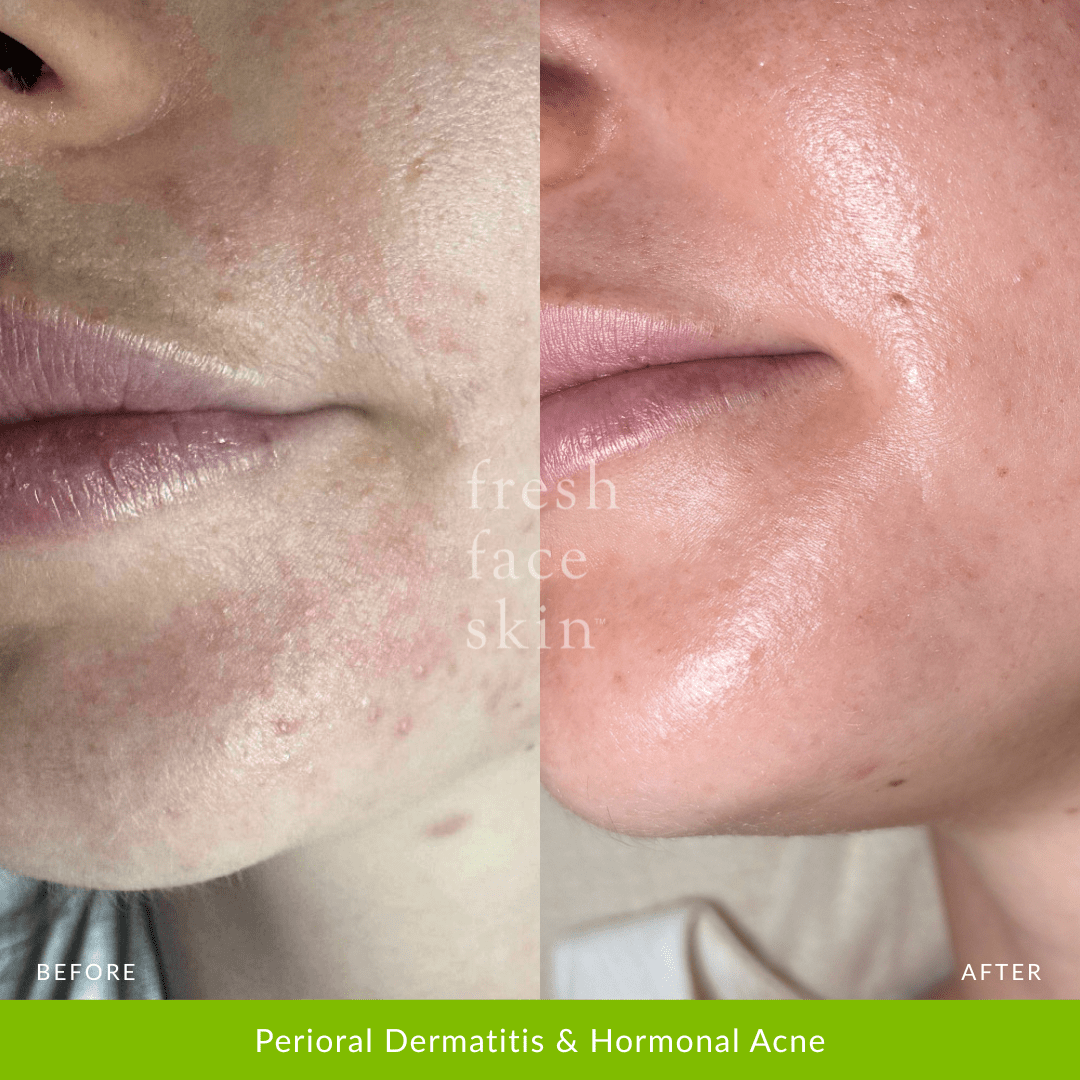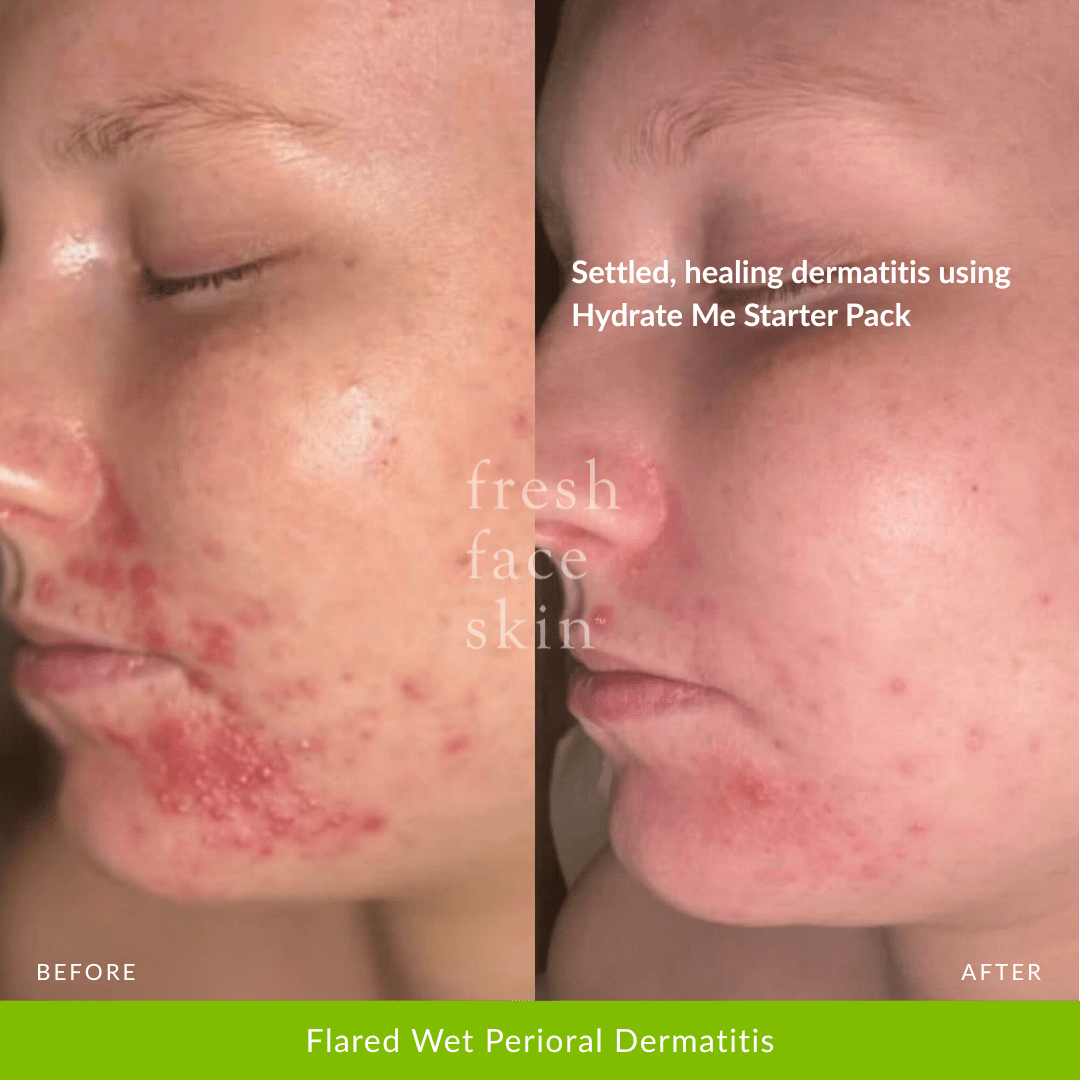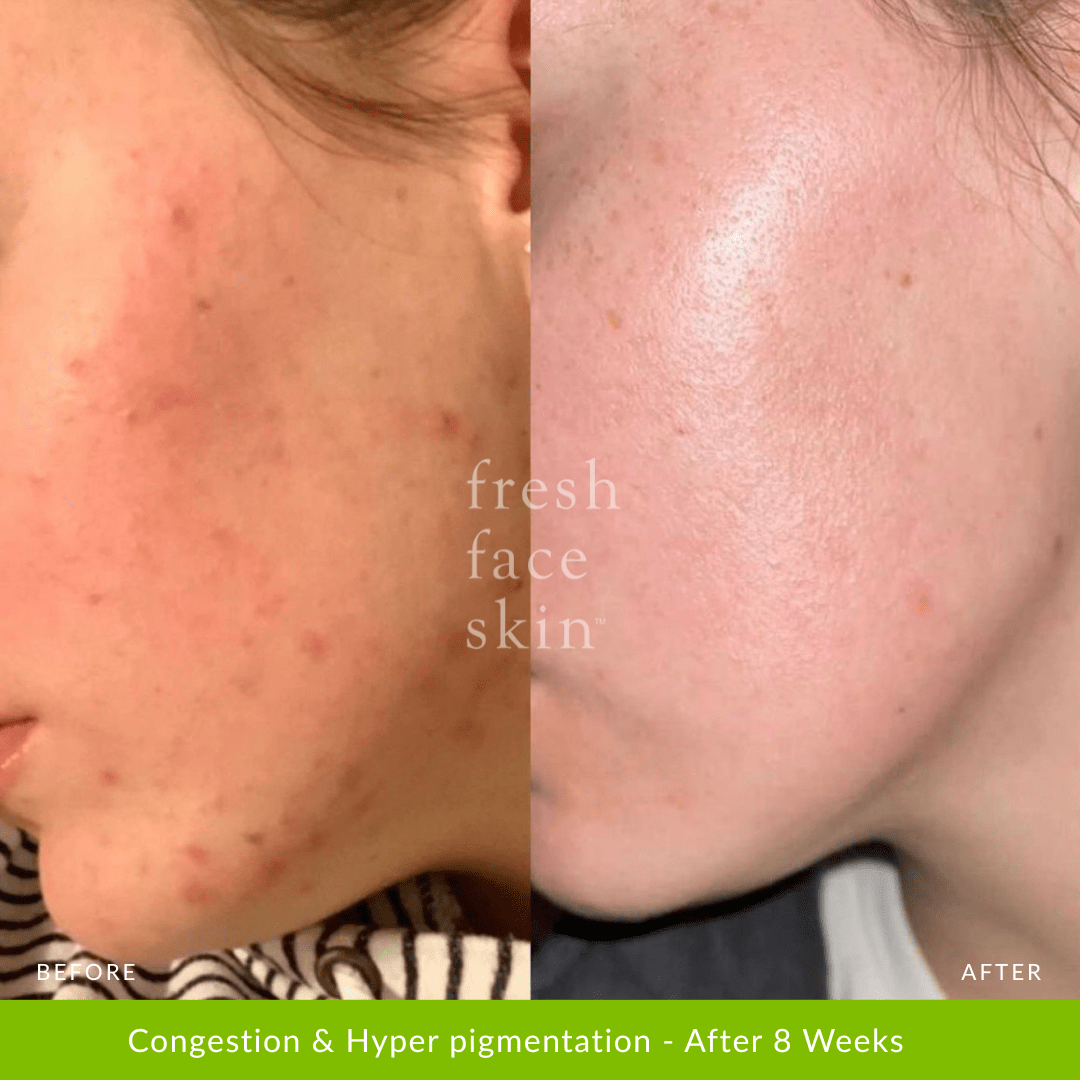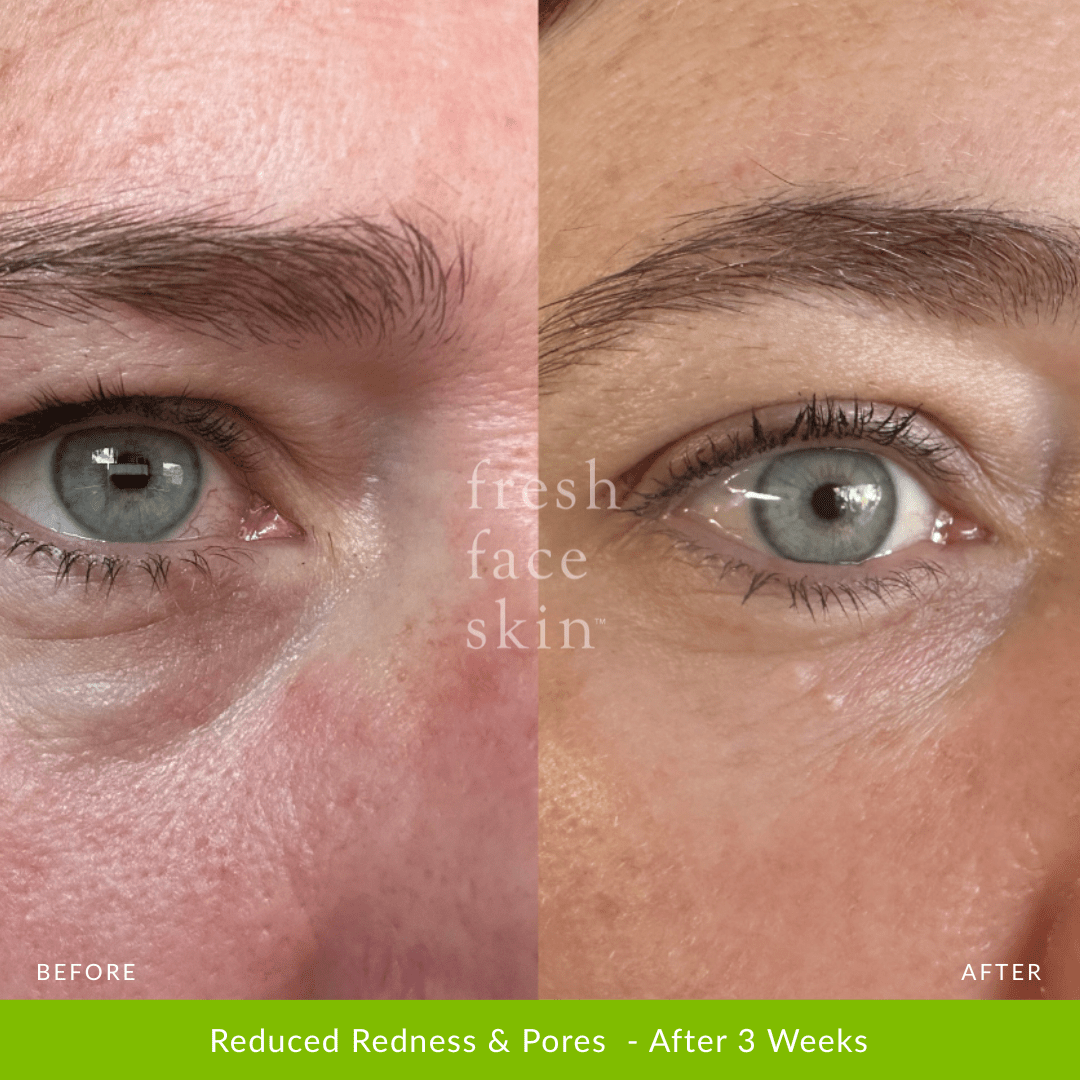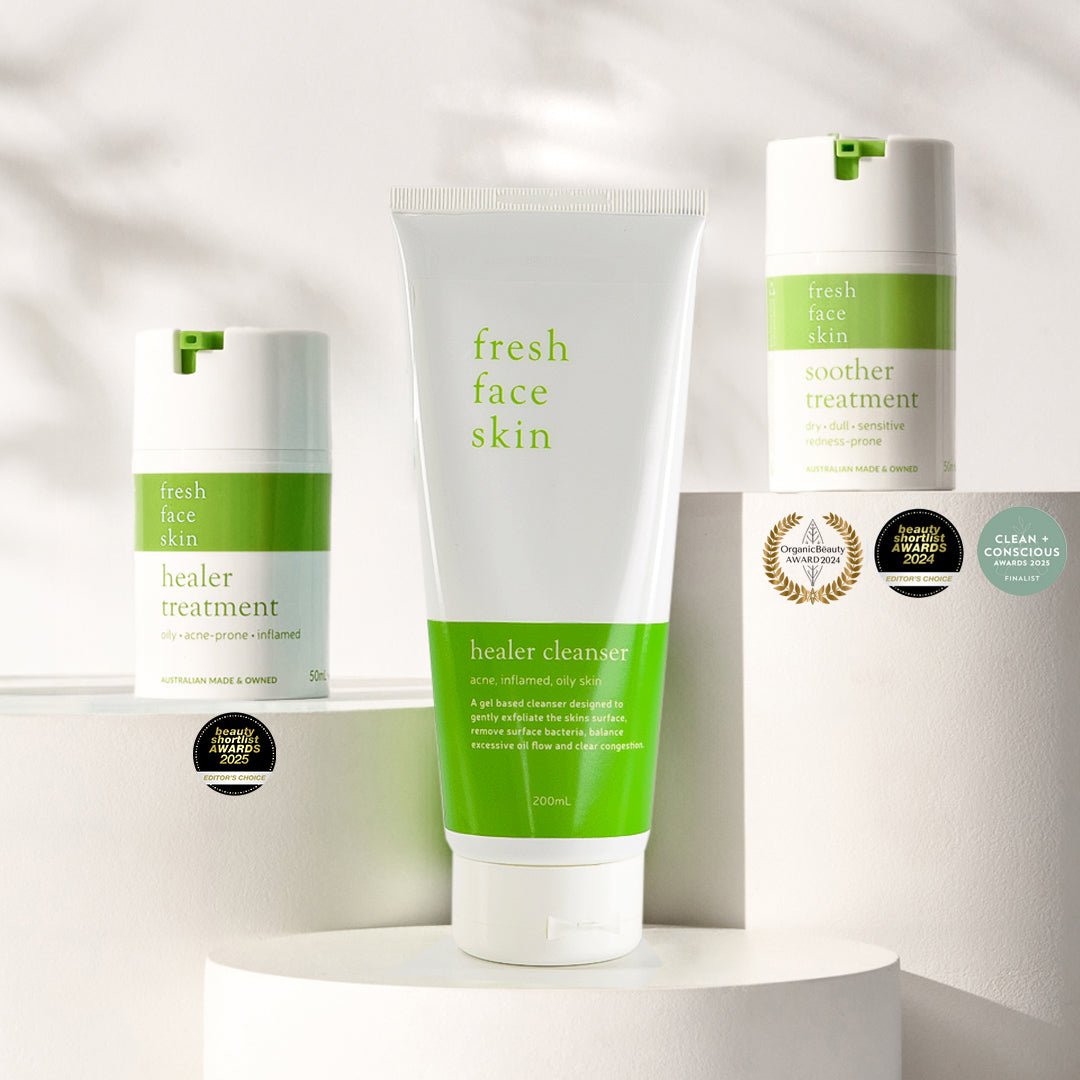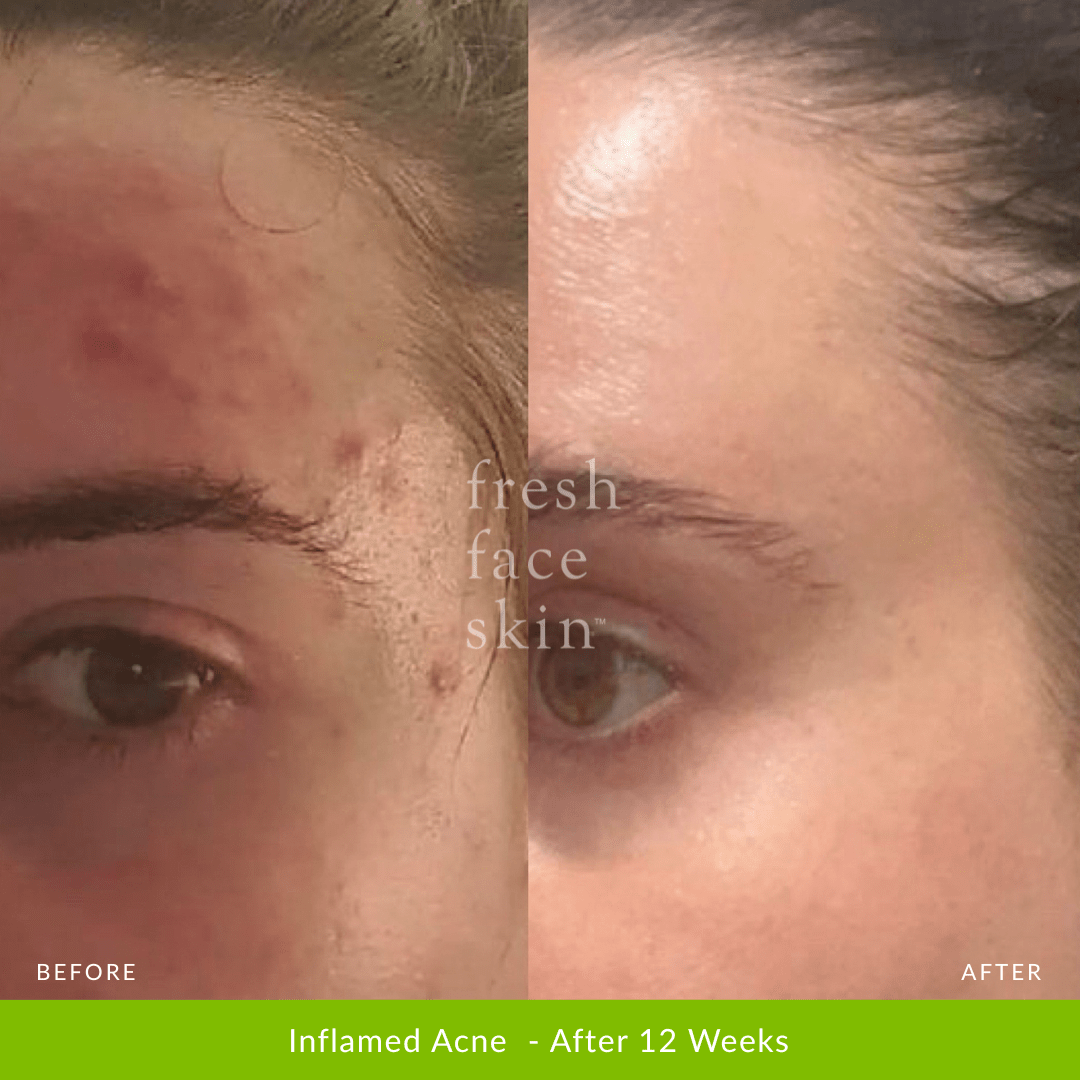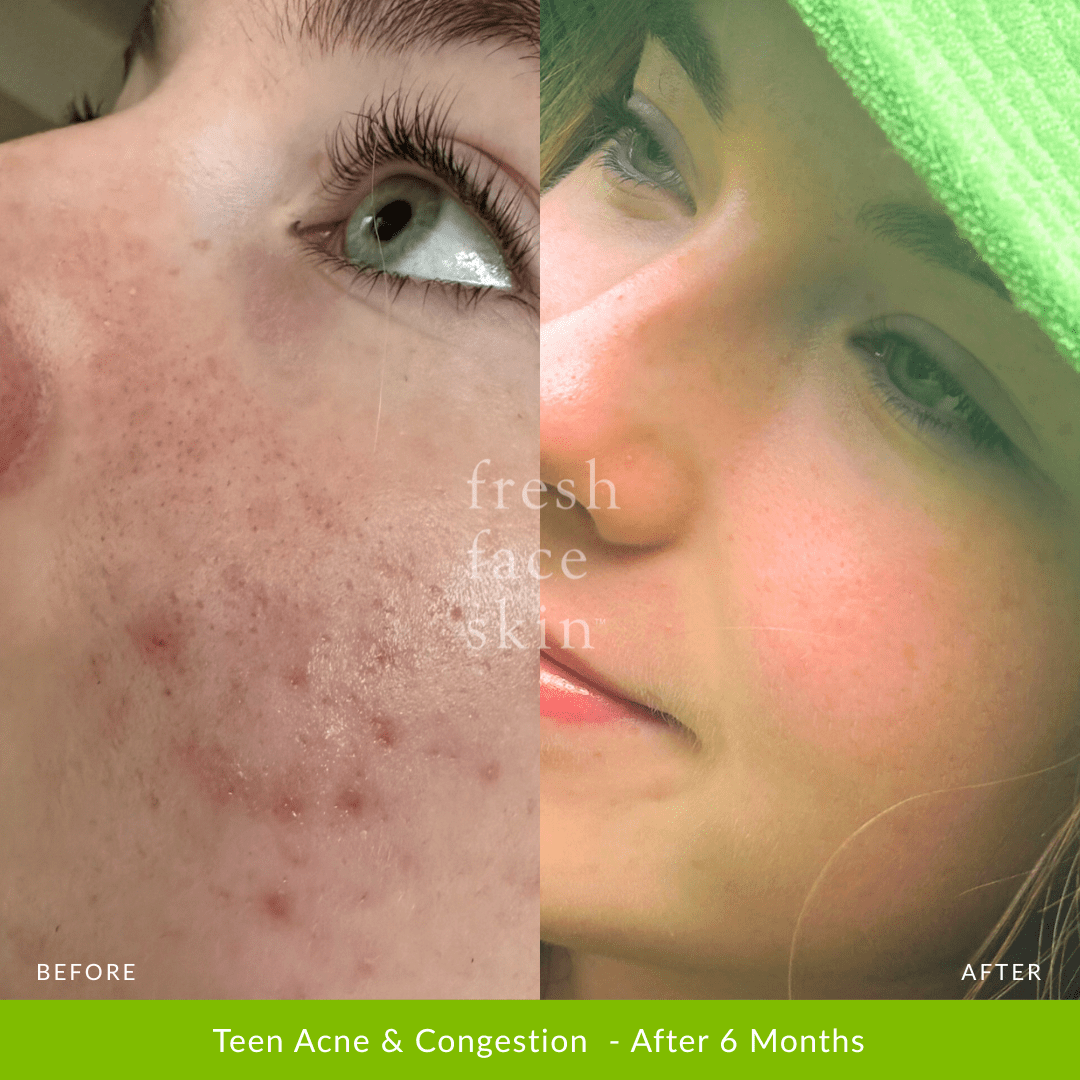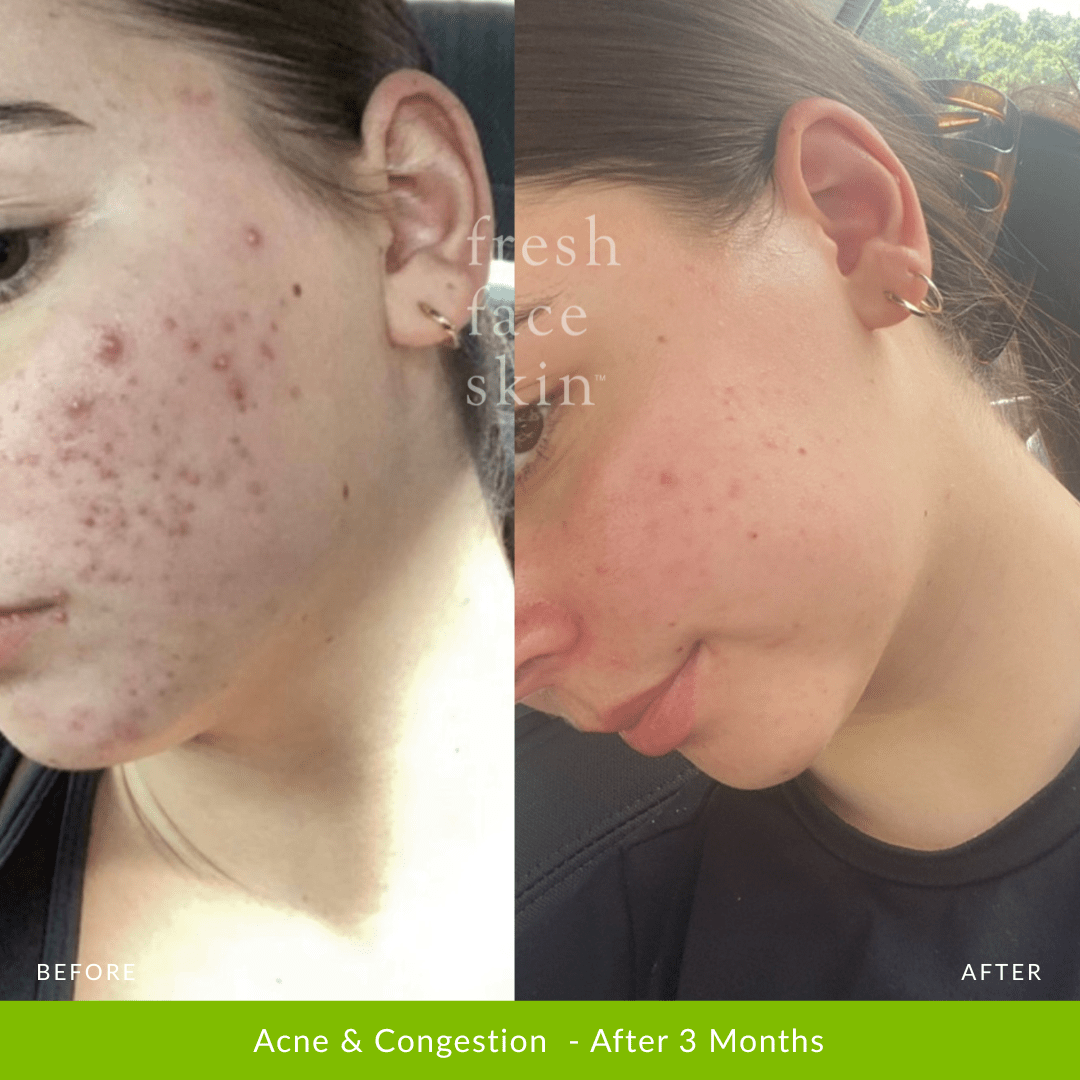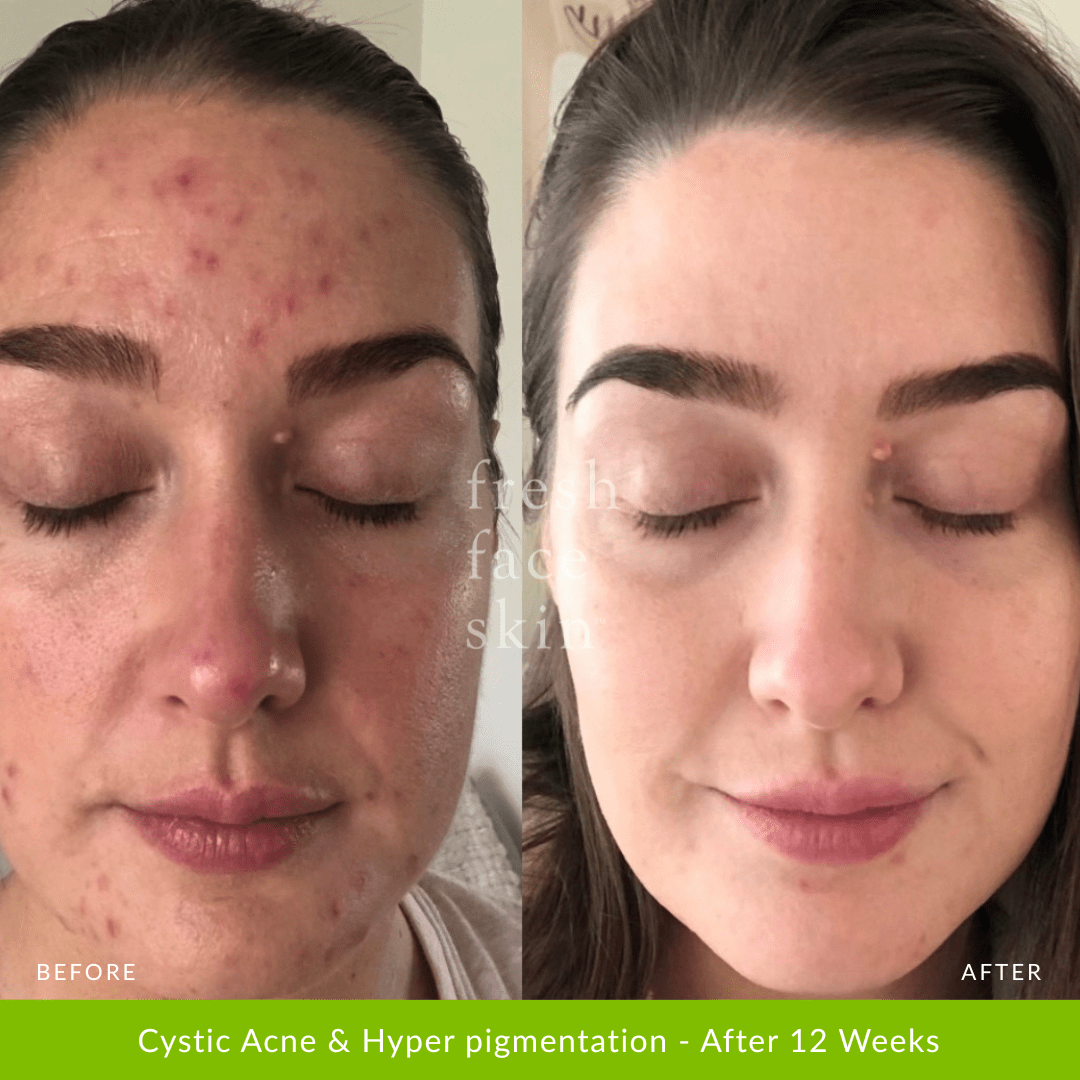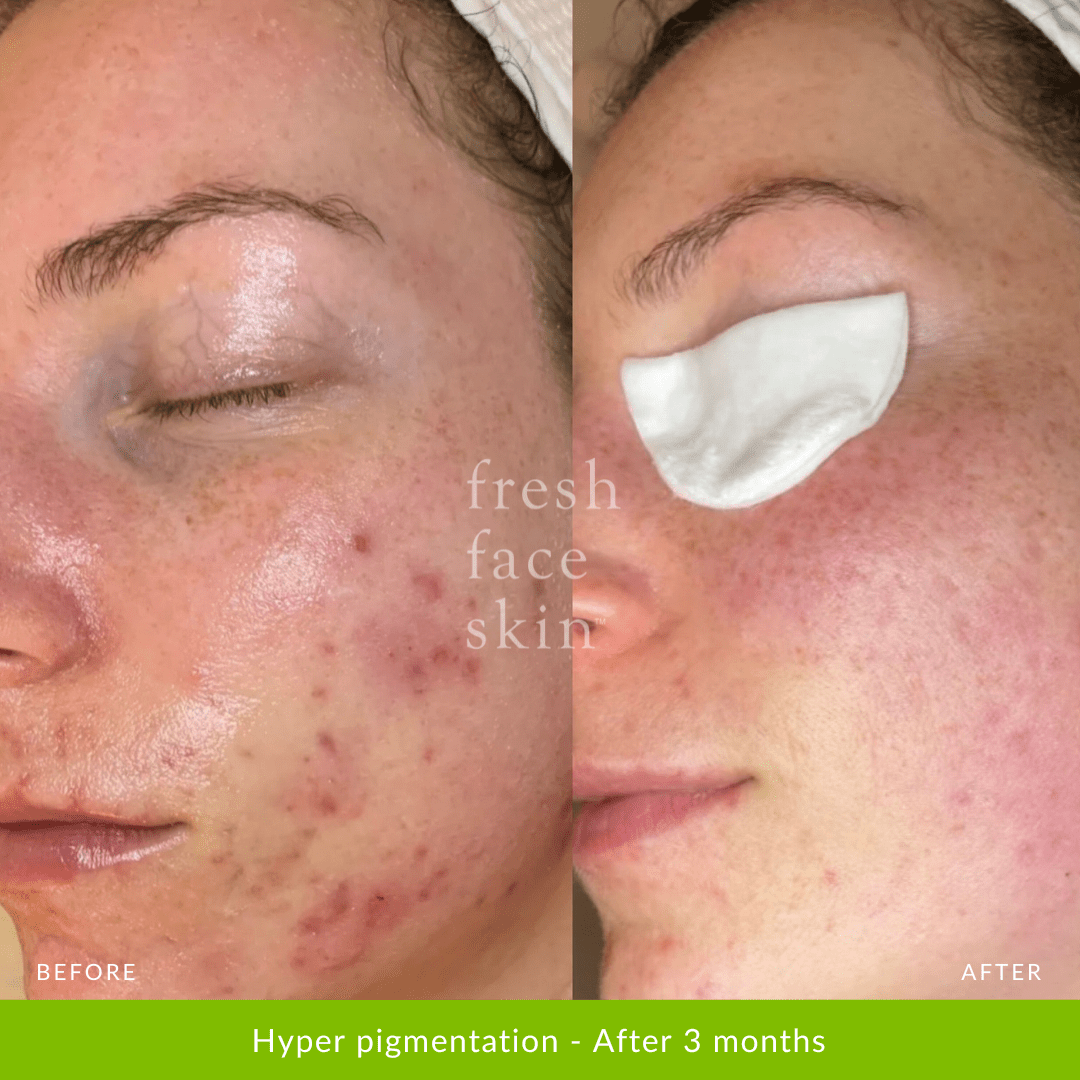The Real Effects + Simple Tips to Protect Your Glow This Festive Season
A few extra celebratory drinks over Christmas can be fun, but our skin often feels the effects quickly. When we understand what alcohol does to the body, we can enjoy the season while still supporting our skin barrier and overall wellness.
What alcohol does to the skin
Alcohol is dehydrating. It pulls water from the body and the skin, which can leave your complexion feeling dry, tight, or looking a little dull the next day.
It also increases inflammation. Blood vessels dilate, leading to flushing, visible redness, and sensitivity. Those already prone to rosacea, dermatitis, eczema, or reactive skin may notice stronger flare-ups.
Your liver then steps in to clear alcohol from the body. When it’s working overtime, by-products can circulate longer, potentially contributing to breakouts, congestion, and that “sluggish”, “tired” skin look.
Preservatives & additives in some alcohol
Not all alcohol affects the skin in the same way. Many commercial drinks contain preservatives and additives that can worsen inflammation and redness. Common culprits include:

-
Preservative 220 (Sulphites)
Often found in wines and ciders. Can trigger flushing and headaches for some people and may worsen inflammatory skin concerns.
-
Caramel colouring (150a–d)
Added to darker spirits and premix drinks to achieve colour. May irritate sensitive or reactive skin, especially when combined with high sugar content.
-
Artificial flavours & sweeteners
Common in ready-to-drink bottles and cocktails. High sugar + alcohol can contribute to inflammation and glycation, which weakens collagen over time.
If you notice worsening redness, breakouts, or irritation the day after drinking, these additives may play a role.
Better alcohol choices for skin health
Every body reacts differently, but these options may be gentler on the skin:
-
Clear spirits like vodka or gin with soda and fresh citrus (lower sugar, fewer additives).
-
Organic or preservative-free wines, ideally lower in sulphites.
-
Dry options over sweet: brut sparkling, dry white wine, or sugar-free mixers.
- One-ingredient drinks where possible (avoid creamy, syrup-filled, or artificially flavoured cocktails).
This doesn’t make alcohol “good” for the skin — but it can make it less disruptive.
Tips to support your skin when drinking alcohol
Hydrate well
A glass of water between each drink helps support your skin barrier and overall hydration.
Prioritise minerals & antioxidants
Magnesium, vitamin C, and antioxidant-rich foods help buffer inflammation.
Don’t skip nightly skincare
Even a simple cleanse, hydrating serum, and nourishing oil or sleep mask will help.
Support detox pathways
Leafy greens, lemon, bitter foods (rocket, dandelion), and adequate protein support liver function.
Festive Detox Smoothie for Skin & Liver Support

A refreshing, supportive blend to enjoy the morning after a big night, or throughout the season:
Ingredients:
- 1 cup coconut water
- 1 handful baby spinach
- ½ cucumber
- ½ lemon (juiced)
- 1 small green apple or pear
- 1 tsp fresh ginger
- Optional: 1 scoop greens powder or collagen
Method:
Blend until smooth. Drink slowly to support digestion, hydration, and skin glow.
The festive season is about connection, joy, and making memories, not perfection. If you choose to enjoy a drink, you now have simple tools to support your skin, your body, and your wellbeing. Small choices add up, and your skin will always respond to the care you give it. Here’s to a season where you can celebrate, stay nourished, and feel confident in the skin you’re in.



